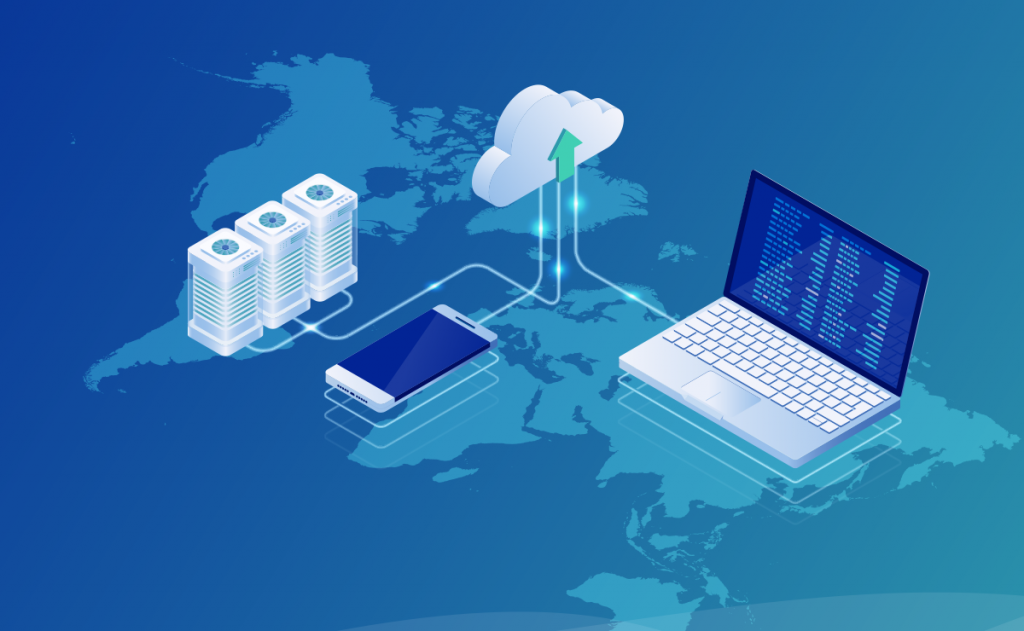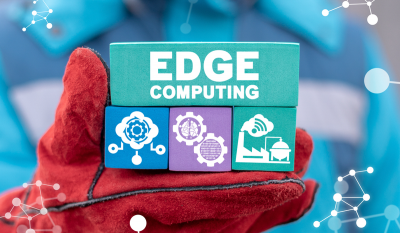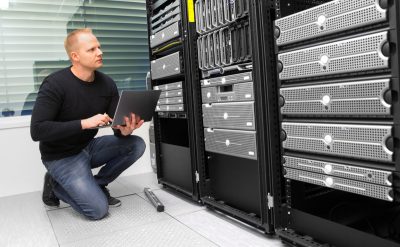When it comes to building a complete data storage unit for a businesses use cases, it depends on several factors that include the amount of data to be stored by enterprise and tranquility of the complete data. Cloud services can be an effective technique that can be utilized by the businesses for setting-up and running a complete data center. A cloud data center offers more agility when it comes to building a complete infrastructure for sensitive business data; it’s a remote-based data center located somewhere completely outside the company physical premises it lets you access your data through the internet. The cloud providers perform the ongoing maintenance and updates, often the ongoing technology transformation that is offered across multiple data centers in several geographic locations to safeguard the data centers from the outages and other network failures. The more traditional form of the data center that the enterprises are using for several years refers to the need for server hardware located on-premises to store and access data through a local network. Traditional or legacy form of data centers tend to be maintained by in-house resources along with several up-gradations that are required daily. If your business is looking for data center solutions, either adopting a third-party cloud service or building your own data center, the following three factors will be forming the three basic steps in the enterprise infrastructure.
1. Scalable vs. Customizable
A traditional form of the data center is ideal for businesses that have a dedicated system giving them complete control over not only their data but even different types of hardware solutions. It happens that the only company resources are using the hardware infrastructure with a data center that is more suited for organizations that has to run sensitive business applications and even complex workloads that can strain network and server speed. A complete data center has a certain limited capacity; you will be responsible for purchasing and installing more equipment and latest technology if you need different resources with the need to expand the storage and workload for the complete data center. A cloud-based data system has unlimited capacity when compared to having an in-house data center, based on the providers offerings and various service plans the business can choose on different solutions. However, one major disadvantage is that you do not have much control your data center as it’s remotely located, where the hardware space along with network is shared with several users that are using the location data center. The company can opt-in for a private cloud within the vendor’s network, wherein it will not be sharing its hardware resources with other cloud users. A customizable vs. scalable solution in the data center will depend on your business data condition and solution requirement.
2. Security
If the business opts for a cloud provider based solutions, a third-party infrastructure will be responsible for the complete data. It’s up to the cloud provider to keep their security up-to-date based on the recent threats, the need for the latest security certificate up-gradation. Most businesses prefer to have multi-cloud options, each having different applications, based on the location of data centers. So having each cloud center that is equipped to handle different kinds of threats that are based out at different locations wherein each location will need proper security measures gives a sense of security for business data. The cloud-based data center is agile providing technology, wherein the users can access the data anywhere with a proper internet connection. It offers the convenience solutions, but it also opens a wide array of access points all of that needs to be protected to ensure that the data stored it secured from un-forgoing access. A data center is physically connected to your companies’ local network, wherein it makes easier for the business to have access to data wherein they are only people with companies approved credentials and devices can access stored applications and information. However, the up-gradation will be cost-intensive and cumbersome as the complete upgrade will stop your business operation.
3. Costs
So if you’re looking to build a data center completely from scratch then it will take a lot of time, and your company will be responsible for the systems maintenance and administration requirement. Most of the businesses have to constantly train their resources or take input from third-party providers to set up an in-house data center. Operating a large scale data center in your own location will cost the company $10 million to $25 million per year. A cloud service will be much effective, especially when the requirement is from small business. It doesn’t require much of time or money to complete the setup and run. The cloud service is available immediately when it comes to business requirements, as the companies data need to change over time the cloud provider can just scale-up or scale-down without having to change any infrastructure. Most providers deliver the subscription-based plans that can deliver efficiency for the complete setup.
Conclusion
Though businesses have embraced a hybrid data center solution that provides security of on-premises data centers and agility of cloud solutions, managing them can still be business heavy. With advanced analytics technology, businesses are all set to completely change the data storage technology; however, for most of the regulations and new privacy policies are adding a new layer of data requirement.
To know more, you can download latest whitepapers on data center solutions.













